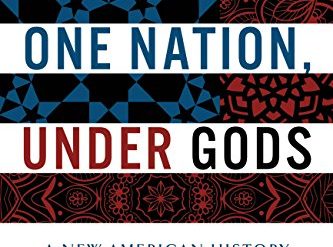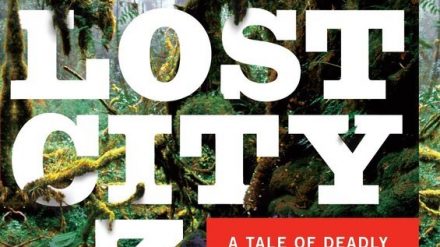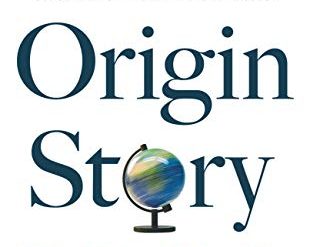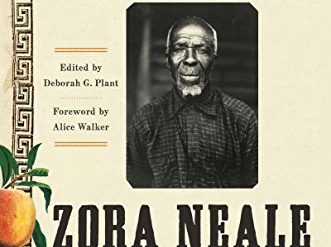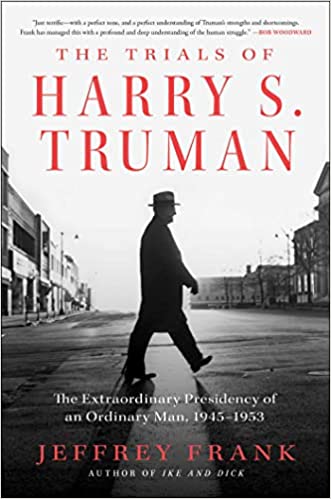
Joe Biden is the 46th in the line of US Presidents who have served since 1789. Every list of the greatest among them invariably includes George Washington, Abraham Lincoln, and (usually) Franklin D. Roosevelt. There is no consensus among historians about the men who fall into the second tier. But Harry S. Truman (1884-1972) now appears with increasing frequency among the top ten. This extraordinary man, little appreciated during his time in office (1945-53), is the subject of Jeffrey Frank’s The Trials of Harry S. Truman, the first new Truman biography in 30 years.
Untried and little respected
When he took over the reins of the United States government in April 1945, Harry Truman had served as FDR’s Vice President for a mere three months. And during that time he had met privately with the President no more than twice. FDR had never taken him into his confidence or delegated to him anything of consequence. Truman, then, stepped into the White House ignorant of the Manhattan Project and of FDR’s diplomatic maneuvers and commitments. And he inherited a Cabinet full of grief-stricken men (and one woman) with no loyalty to him, and little respect. Yet, somehow, he managed to survive the conflicts, jealousies, and private agendas of the officials surrounding him and fit smoothly into the confusing three-way negotiations with Great Britain and the Soviet Union.
The Trials of Harry S. Truman: The Extraordinary Presidency of an Ordinary Man, 1945-1953 by Jeffrey Frank (2022) 576 pages ★★★★★
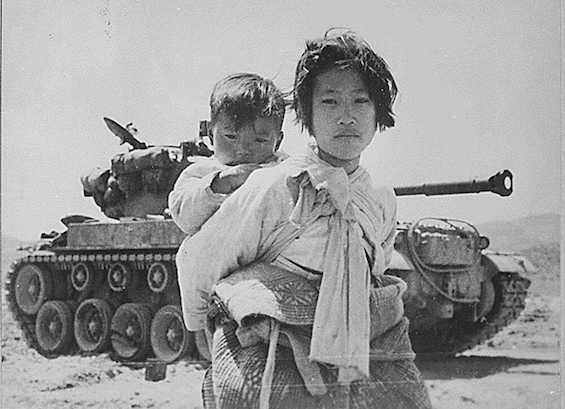
Fear drove Truman’s most important decisions
To set the context for Truman’s eight years in office, Jeffrey Frank quotes the diplomat George F. Kennan. “A country which in 1900 had no thought that its prosperity and way of life could be in any way threatened by the outside world,” Kennan wrote, “had arrived by 1950 at a point where it seemed to be able to think of little else but this danger.” The danger, which was perceived to be rooted in Joseph Stalin’s designs on dominating the planet, infused nearly every significant decision of Truman’s presidency. It was a factor (though a minor one) in his decision to drop the atomic bomb on Japan. Fear of Communism drove Truman and the Congress to announce the Truman Doctrine and mount what came to be called the Marshall Plan. And it led directly to the President’s decision to intervene in force on the Korean Peninsula when the North invaded the South.
A balanced biography of Harry Truman
Frank’s treatment of Truman is measured. He clearly admires the 33rd President but is quick to note the man’s flaws and inadequacies. “Truman’s leadership was never stirring,” he writes. “He could be overwhelmed by his duties, and by the pounding that came with the job. But he was steadfast, honorable, sometimes courageous, and deeply in love with his country and its Constitution. He rarely, if ever, wobbled.” Yet throughout the text Frank catalogs the many times when Truman fell short and the many ways he failed to rise to greatness.
For example, Frank notes, “he fired so many top officials that, as he neared the end of his second term, the Washington Post counted the number and labeled him the ‘champion axman among Presidents.'” And “he was deferential, too much so, toward the generals and admirals of World War II.” This latter flaw led him to tolerate insubordinate behavior from General Douglas MacArthur for far too long before, eventually, he fired the man.
Raised on a farm, he never graduated from college
Harry S. Truman was born on a farm in Missouri in the 19th century. He worked behind the plow for ten years. Truman was the only US President in the 20th century without a college degree. (He went to business college and law school, but did not graduate.) His diaries and letters, which Frank repeatedly cites, are filled with misspellings and grammatical errors. And he was an awful public speaker, with a nasal voice on the radio that monotonously droned on from the written text he almost always read word for word. (I can still hear him now.) Yet, all things said, Harry Truman seems to have made the big decisions correctly—at least in the view of most historians.
About the author
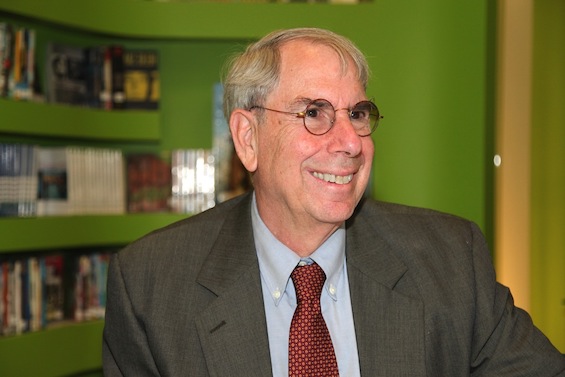
Jeffrey Frank is a senior editor at The New Yorker and deputy editor of the Outlook Section in the Washington Post. He is the author of four novels and two works of nonfiction. His previous venture into history was Ike and Dick, about the relationship between Dwight D. Eisenhower and Richard Nixon.
For more reading
Check out:
- 20 top nonfiction books about history
- Great biographies I’ve reviewed: my 10 favorites
- Top 20 popular books for understanding American history
- Top 10 nonfiction books about politics
And you can always find my most popular reviews, and the most recent ones, plus a guide to this whole site, on the Home Page.

